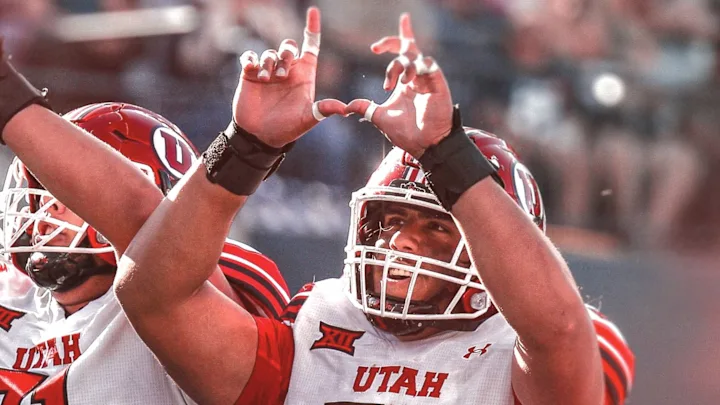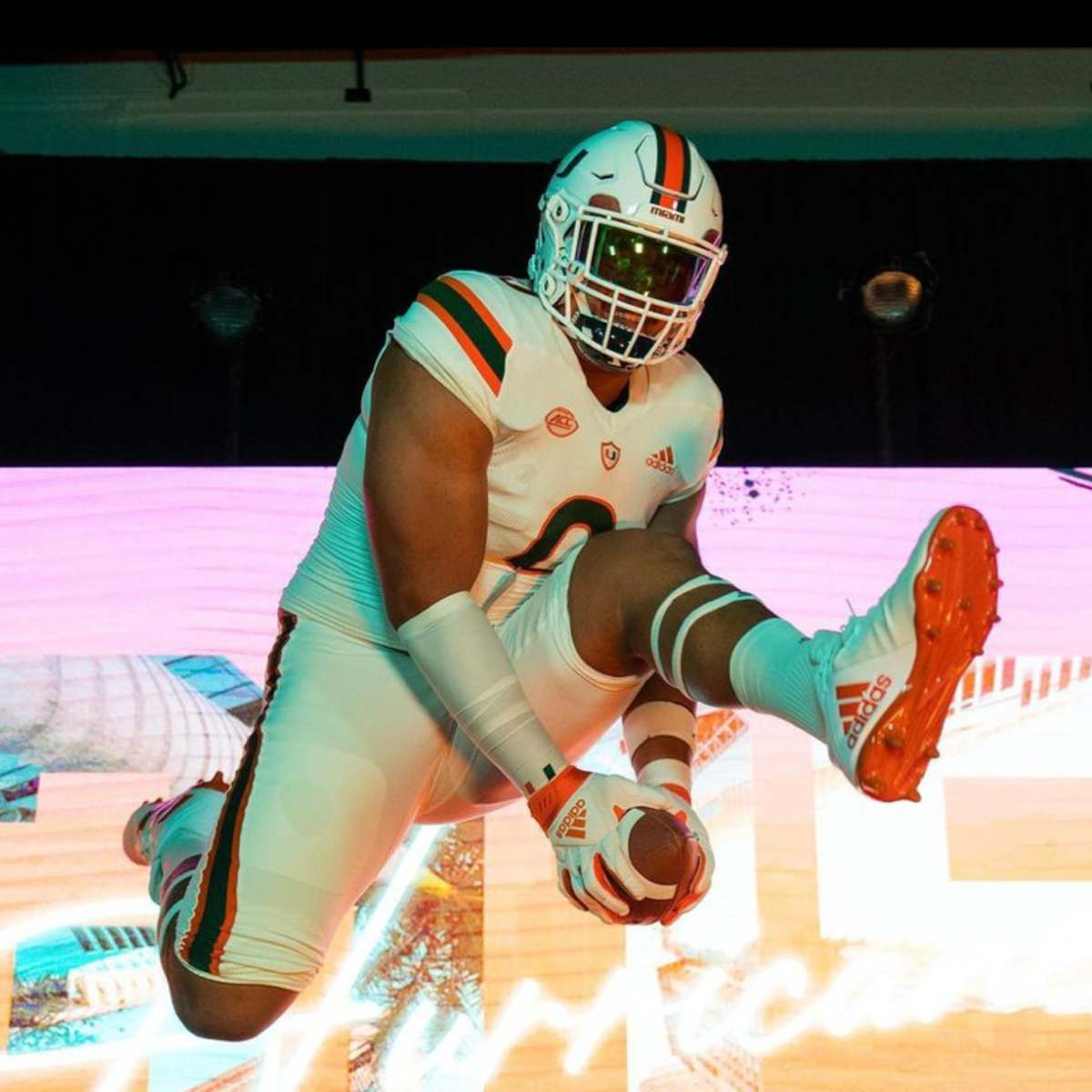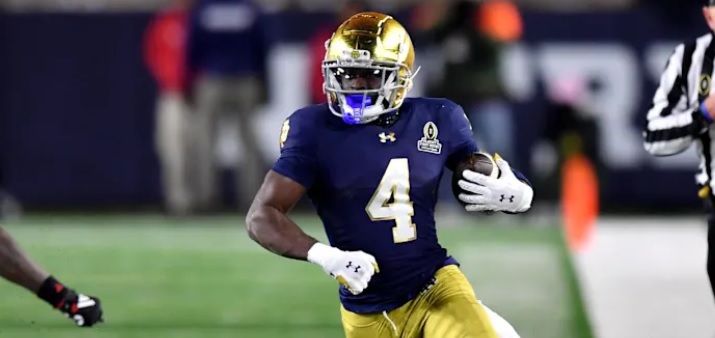By Charlie Campbell, @draftcampbell
Two years ago, we started a series of articles on why certain prospects went undrafted. In this series, I reach out to sources with NFL teams to find out why their organizations passed on drafting a given player, and/or, what were the reasons for other teams to pass on that prospect. We got a lot of positive reader feedback about the series, so we decided to expand in the genre to investigate why some prospects slid in the draft. Last year, we started the “Why the Slide?” series, and this year it is back along with “Why Undrafted?” Feel free to email me requests for “Why the Slide?” and “Why Undrafted?” at [email protected]. I can’t promise to get to all of them, but I will do my best and definitely respond.
I’ve gotten a lot of emails and twitter requests for me to write one of these on Tulsa wide receiver Keyarris Garrett. In the passing-driven NFL, wide receivers with size are in demand, and Garrett had a massive 2015 season. The senior caught 96 passes for 1,588 yards with eight touchdowns on the year. The 6-foot-3, 220-pound Garrett has good size, but a slower 40 time at the combine of 4.53 seconds didn’t help him. Many thought Garrett would still get drafted on the final day of the 2016 NFL Draft, but he was not selected.
Sources from a variety of teams gave some differing answers as to why Garrett went undrafted. The most common reason from a few teams was they questioned his speed to separate from NFL defensive backs. Some evaluators felt that Garrett is a big, stiff, long-strider who will have a hard time getting open against NFL cornerbacks. They didn’t think that Garrett had any juice on the field, i.e. speed, explosion, suddenness. Those sources also said that Garrett didn’t run the route tree in college and would need development there in the NFL.
In the same ballpark as learning to run the route tree, another source said their team had questions as to whether Garrett could grasp the mental side of the game. Another team’s scouting director said that low test scores and injuries with medical questions hurt him with them, but they think Garrett should have been drafted. That was the only team that said Garrett was draftable.
After going undrafted, Garrett signed with the Carolina Panthers. Carolina displays a preference toward big receivers, so Garrett has that inclination working in his favor. However, the Panthers drafted big wideouts Kelvin Benjamin and Devin Funchess in the first and second round, respectively, over the past two years. After those two receivers, Tedd Ginn is the third wideout who is a lock for Carolina’s roster. That leaves Garrett competing for two or three roster spots with the likes of Philly Brown, Cobi Hamilton, Stephen Hill, Kevin Norwood, Brenton Bersin and Damiere Byrd. That’s not an imposing group, but all its members have more experience. Thus, Garrett contributing on special teams is absolutely critical to him earning a roster spot. Many receivers don’t, so he will have to be an exception. A season on the practice squad where he learns the route tree, offense, and gets healthy could be the most likely and best route for him to develop into an NFL contributor.
Fantasy Football Rankings - Feb. 19
2026 NFL Mock Draft - Feb. 17
NFL Picks - Feb. 9
NFL Power Rankings - Jan. 26




